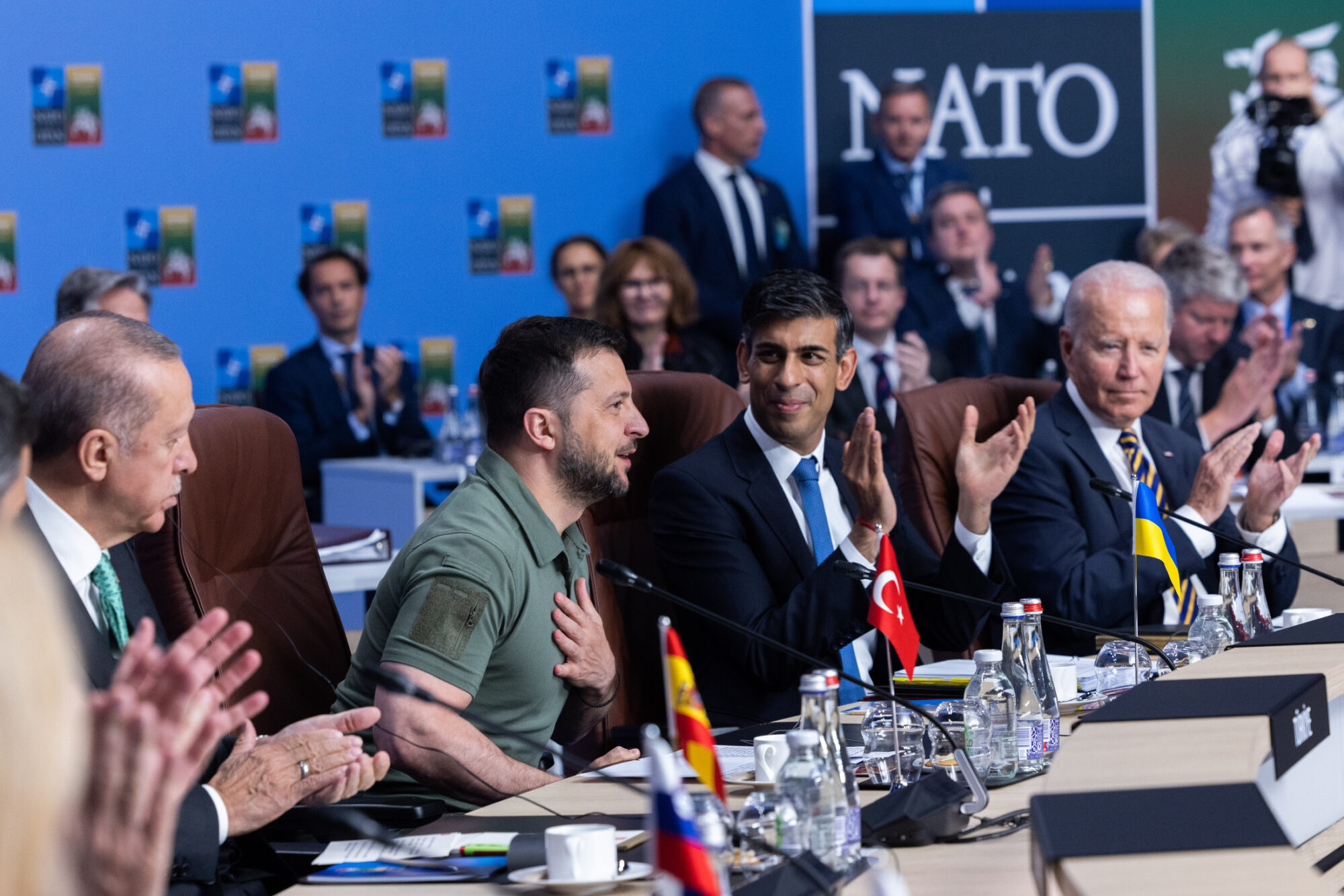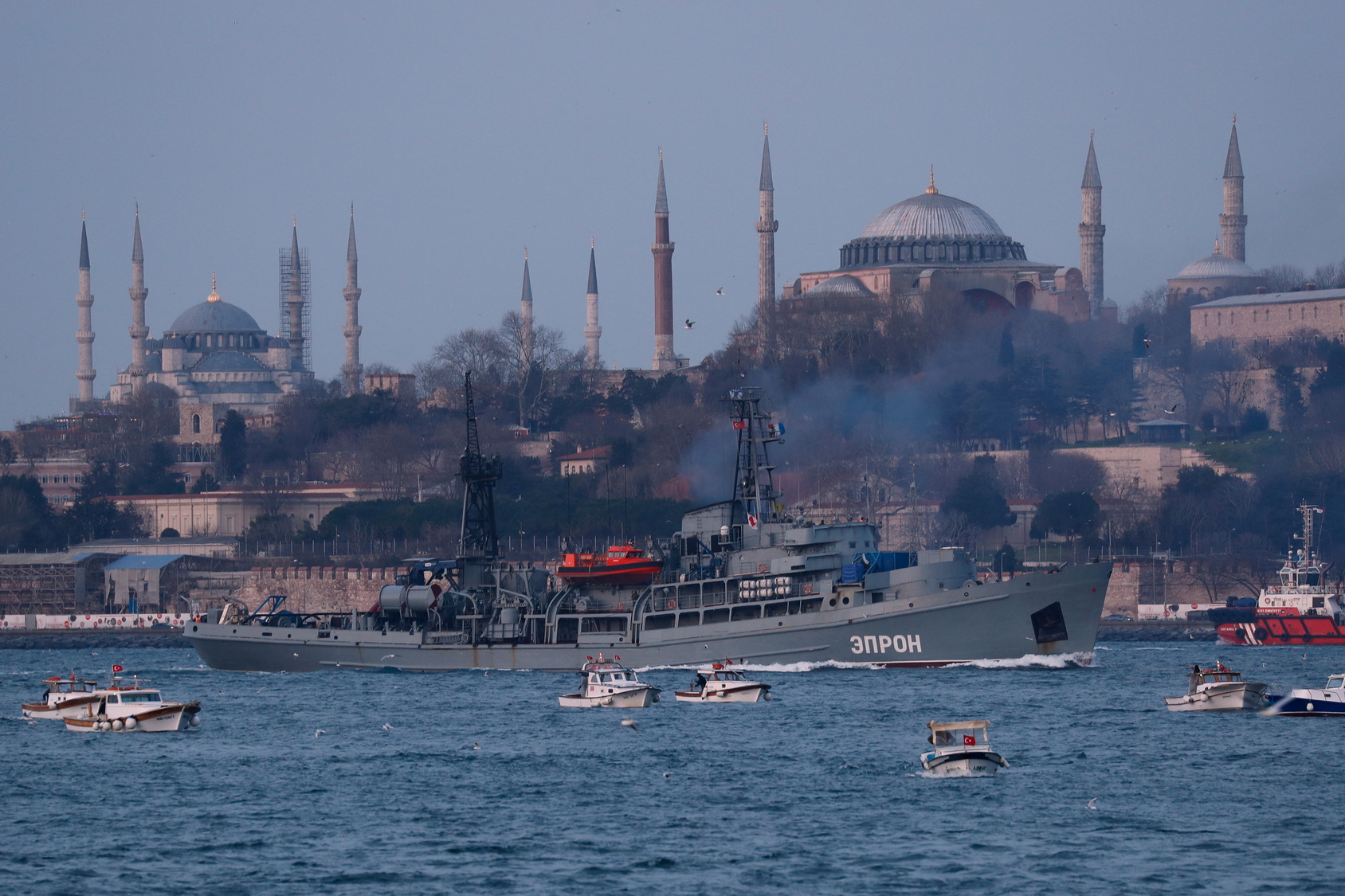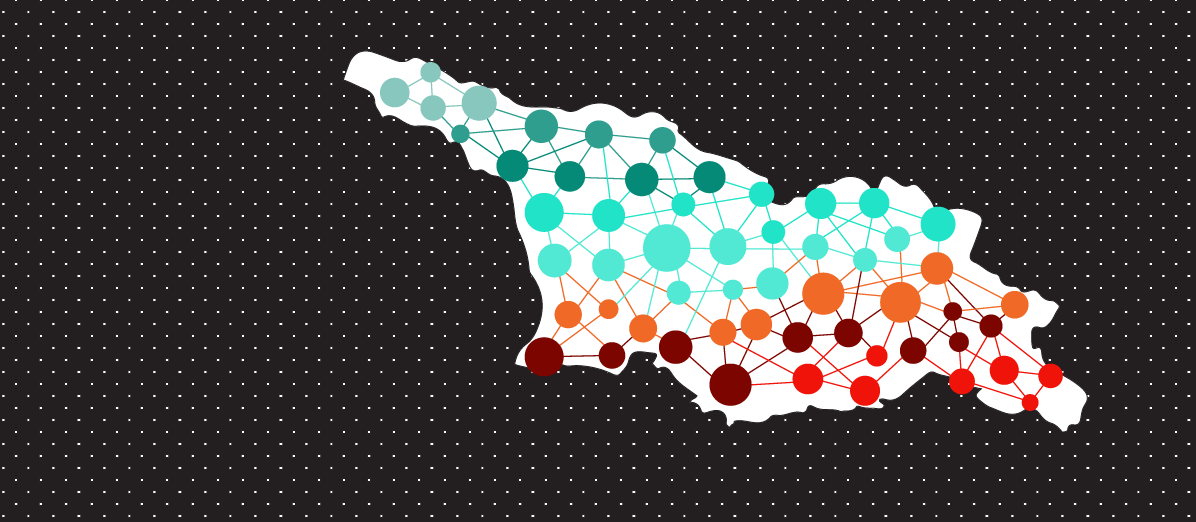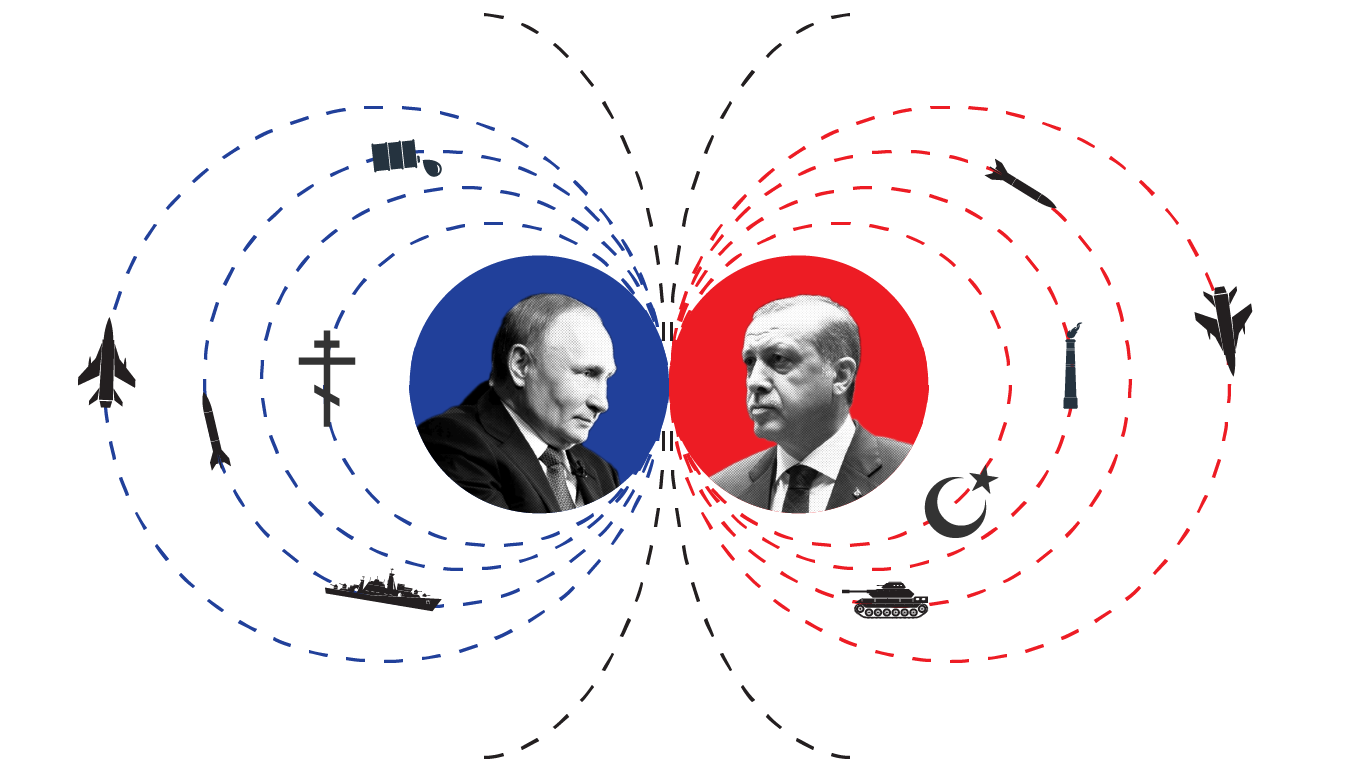A nation must think before it acts.

Changing Tides in the Black Sea Region: Conference Report
The following is an edited transcript of a live recording of FPRI’s Chain Reaction podcast from the Changing Tides in the Black Sea conference, June 29, 2023. Listen to the recording here. Recordings of all six panel discussions...
Read more »Off the MAP: Ukraine and the Problems of Expanding NATO
To join NATO, prospective members typically must follow a MAP, or membership action plan. The MAP has been NATO’s standard bureaucratic procedure to convert applicants into members for over two decades. After Poland, Hungary, and the Czech Republic joined...
Read more »The Significance of the Turkish Straits to the Russian Navy
Four days into the Russian Federation’s invasion of Ukraine on February 27, 2022, Turkish Foreign Minister Mevlüt Çavuşoğlu declared that the operation in question was a “war.” He explained to CNN Türk, “Under these conditions, we will apply the...
Read more »Turkey’s Careful and Risky Fence-Sitting between Ukraine and Russia
On February 3, 2022, Turkish President Recep Tayyip Erdogan traveled to Kyiv, where he met with his Ukrainian counterpart, President Volodymyr Zelensky, for a pre-planned meeting to co-chair the tenth High-Level Strategic Council between the two countries. The two...
Read more »Strategic Connectivity in the Black Sea: A Focus on Georgia
Executive Summary This report argues that the government of Georgia needs to reshuffle its priorities in advancing its strategic connectivity in three major areas: democratic statecraft, economic modernization, and geopolitical identity. By prioritizing these three areas, Georgia can...
Read more »Confronting the Challenge of Weaponized Corruption in the Black Sea Region and Beyond
Existing and emerging democratic nations around the world—particularly the Black Sea countries bordering Russia—face expanding threats that transcend traditional forms of warfare. Authoritarian regimes such as those of the current Russian Federation and People’s Republic of China increasingly rely...
Read more »The Importance of Joining the Three Seas Initiative for Georgia, Ukraine, and Moldova
As the European Union works to maintain a competitive edge economically against Beijing and Moscow, regional cooperation initiatives throughout Europe have taken center stage. The Three Seas Initiative (3SI) is one such promising example. 3SI launched in 2015 and...
Read more »Russia’s Coercive Diplomacy: Why Did the Kremlin Mass Its Forces Near Ukraine This Spring?
Introduction During March and April 2021, the Russian military conducted a large-scale buildup in its regions bordering Ukraine, including Crimea, which Russia annexed in 2014. Scores of videos appeared on TikTok, Telegram, Twitter, and other social media sites...
Read more »Cooperation, Competition, and Compartmentalization: Russian-Turkish Relations and Their Implications for the West
Executive Summary The relationship between the Russian Federation and Republic of Turkey is one of the most important bilateral relationships in Eurasia today. The North Atlantic Treaty Organization’s (NATO) original adversary and one of its earliest members have...
Read more »Georgia’s Parliamentary Elections and the Problem of Oligarchic Rule
On October 31, Georgian voters will head to the polls to elect a new parliament. The election is seen as a litmus test of legitimacy for the ruling Georgian Dream Party (GD) and as a referendum on party leader...
Read more »












